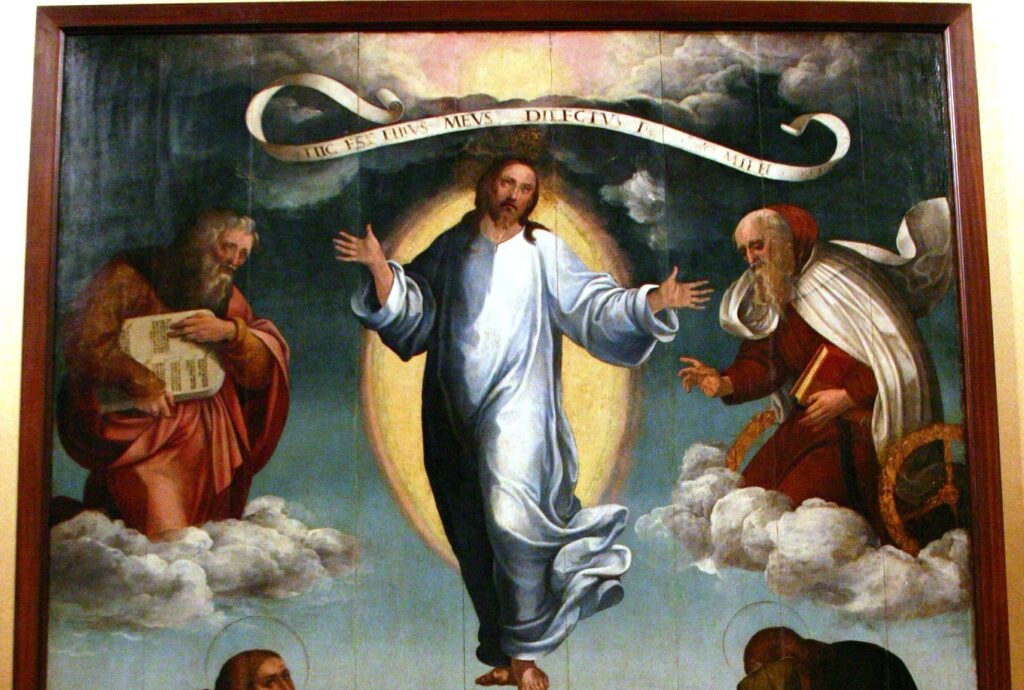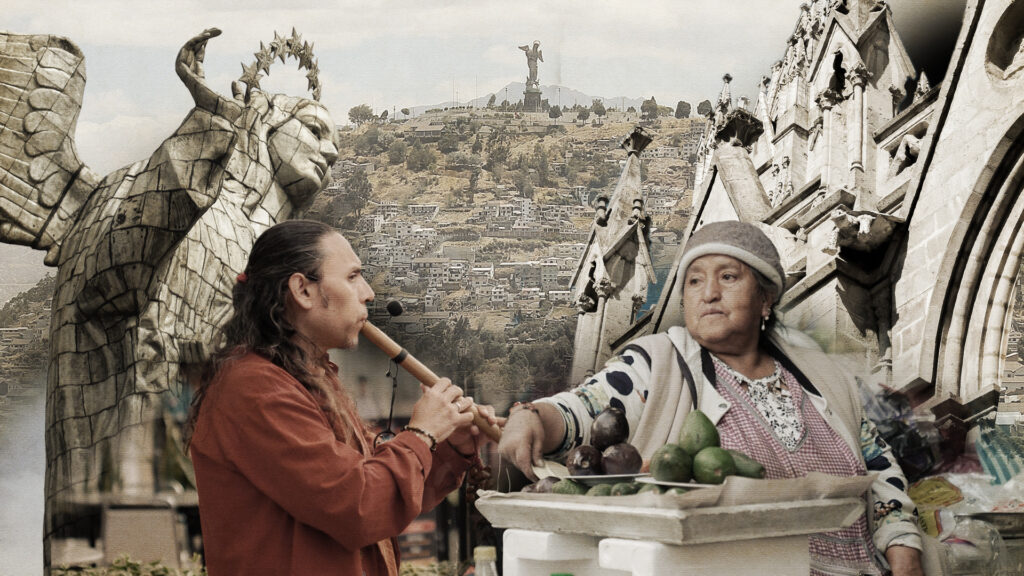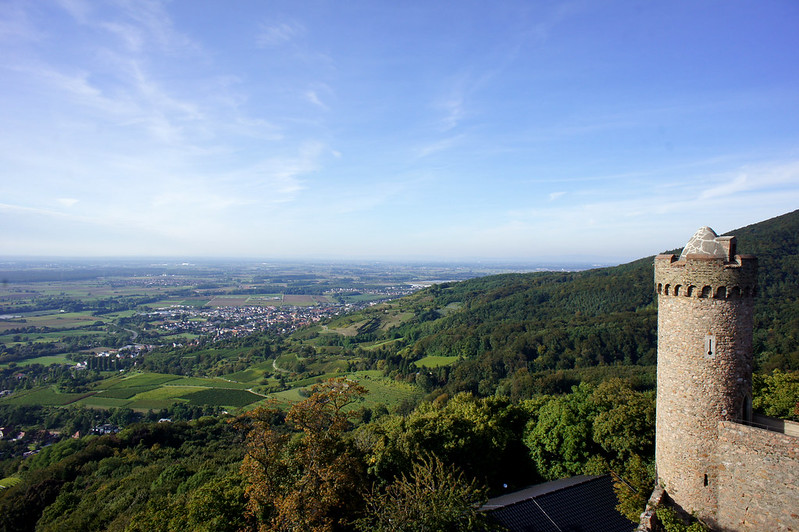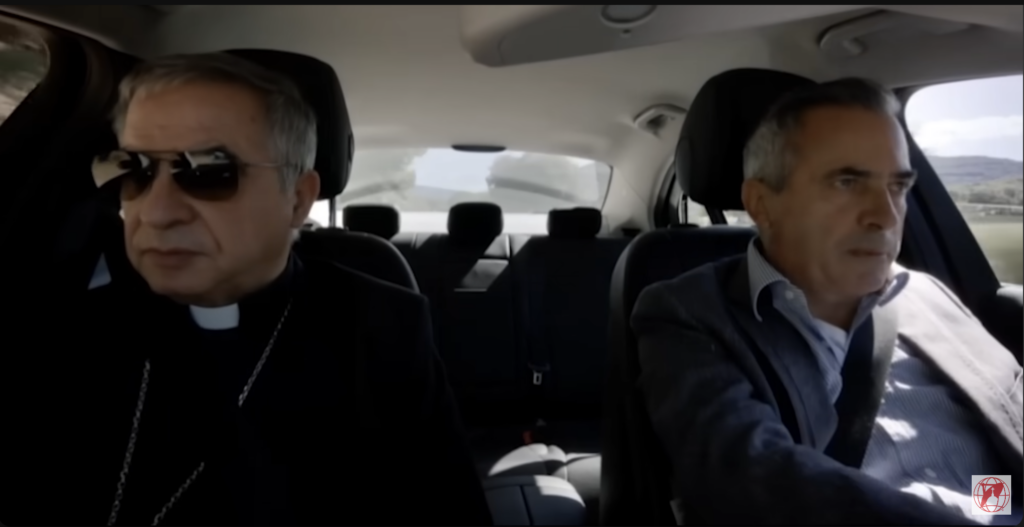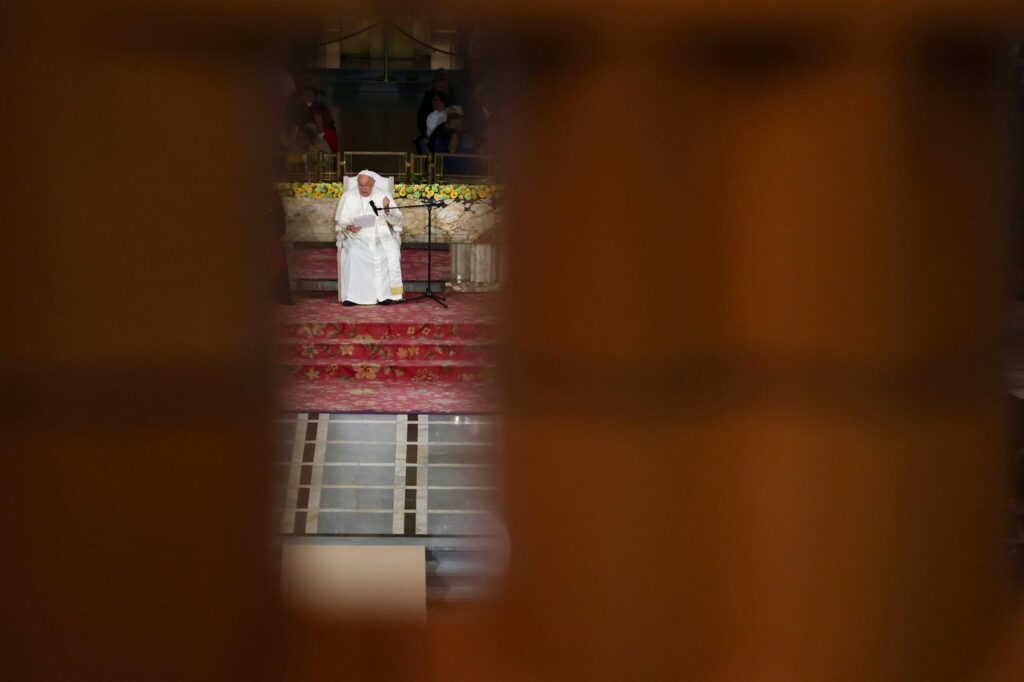London, England, Nov 18, 2023 / 07:00 am (CNA).
The Catholic Church in Scotland has criticized the Scottish government’s new guidance on sex education, arguing that the latest proposals threaten the right of Catholic schools to protect their religious ethos.
Following the release of a draft government document called “Guidance on Relationships, Sexual Health, and Parenthood (RSHP) Education,” Scotland’s bishops issued a forthright statement on Nov. 8 in response, highlighting that previous religious protections had been scrubbed out.
“The Bishops’ Conference of Scotland is both disappointed and confused at the decision by the Scottish government to delete all reference to Catholic schools in its ‘Guidance on the Delivery of Relationships, Sexual Health, and Parenthood (RSHP) Education in Scottish Schools’ document,” the bishops said.
“We strongly request the reinsertion of the paragraphs relating to denominational education from the previous iteration of the guidance, which would reflect both the legal protection for schools with a religious character and the previously supportive position of the Scottish government for Catholic schools.”
Catholic schools in Scotland are part of what is known as the state system of education — the equivalent of public schools in the U.S.
However, up until now, Catholic schools in Scotland were guaranteed the right to control their own curriculum in order to ensure it remained consistent with the Church’s moral teachings.
The Scottish bishops are concerned that the latest guidance makes no reference to this arrangement, contrary to guidelines from previous years, which stated:
“The Scottish government supports the right of the Roman Catholic Church to give witness to its faith and to uphold the traditions of Catholic education.
“We value the contribution made by Catholic schools and have no intention of changing the current position where faith aspects of the curriculum in Catholic schools are determined by the Scottish Catholic Education Service acting on behalf of the Bishops’ Conference of Scotland.”
However, the latest proposals no longer include this caveat and instead read:
“Schools have a key role to play in providing an educational experience that is inclusive for all, regardless of the beliefs and values they hold. With inclusive RSHP education, children and young people, where religion and/or belief plays a role in their identities, should be able to feel included and accepted within their school and community.”
According to a report in the Herald Scotland, a spokesperson for the Scottish government claimed that it had consulted more than 30 stakeholders when formulating the guidance, including the Scottish Catholic Education Service. The report went on to say that the Church dismissed this account by the government as “disingenuous.”
Meanwhile, parents at one of the most prestigious Catholic schools in Scotland are mobilizing in order to try to reverse the government’s plans.
In a bulletin released by the parents council of St. Ninian’s High School in Giffnock, East Renfrewshire — shown exclusively to CNA — parents were urged to write to the government and make their concerns about the latest proposals known.
The November edition of the bulletin states: “For many years now, the content of sex education in Catholic state schools has been determined by the Catholic Church. That system has worked well for our children. It teaches sex education within a Catholic moral context. Our children are not thereby exposed to the ‘free-for-all,’ and more extreme and graphic content, that is available to children in nondenominational schools.
“Previously, the Scottish government’s written guidance has explicitly acknowledged — indeed, supported — the right of the Catholic Church to determine the content of the sex education curriculum in Catholic schools. That’s been the established position for over a century. This new draft guidance removes that right.
“The draft guidance also seeks to enforce the active promotion of an LGBT-inclusive education across the entire school curriculum (literacy, sciences, history, religious, and moral education, etc.) in order to determine the ‘ethos’ of the school.”
The government consultation period ends on Nov. 23, after which time feedback on the new guidance will no longer be received.


